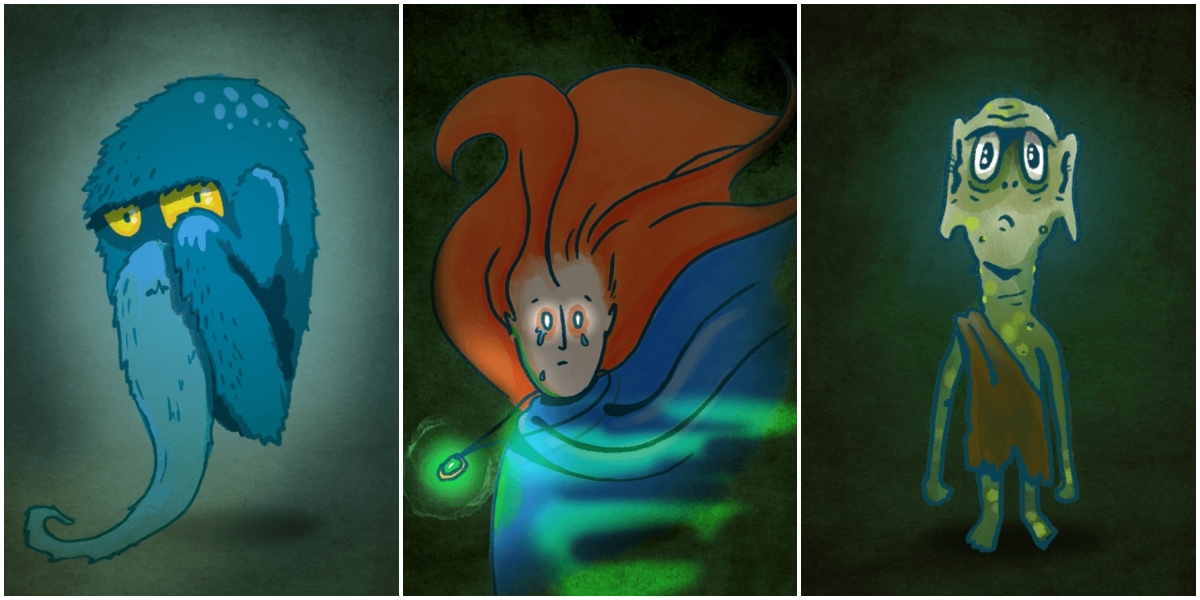Over 80 percent of 200 COVID-19 Patients in a hospital in Spain are vitamin D deficient, according to a new study published in the Endocrine Society Journal of Clinical Endocrinology & Metabolism.
Vitamin D is a hormone produced by the kidneys that controls the levels of calcium in the blood and affects the immune system. Vitamin D deficiency has been linked to a variety of health concerns, although research is still being conducted into why the hormone affects other body systems. Many studies point to the beneficial effects of vitamin D on the immune system, especially in terms of protecting against infection.
“One approach is to identify and treat vitamin D deficiency, especially in high-risk people such as the elderly, patients with comorbidities, and residents of nursing homes who are the primary target group for COVID-19,” study co-author José L said Hernández, Ph.D., from the University of Cantabria in Santander, Spain. “Vitamin D treatment should be recommended in COVID-19 patients with low levels of vitamin D in the blood, as this approach can have beneficial effects on both the musculoskeletal and immune systems.”
The researchers found that 80 percent of the 216 COVID-19 patients at the Hospital Universitario Marqués de Valdecilla were vitamin D deficient, and men had lower vitamin D levels than women. COVID-19 patients with lower vitamin D levels also had elevated serum levels of inflammatory markers such as ferritin and D-dimer.
Reference “Vitamin D status in hospital patients with SARS-Cov-2 infection” October 27, 2020, Journal of Clinical Endocrinology & Metabolism.
Other authors of the study are: Daniel Nan, José M. Olmos, Javier Crespo and Víctor M. Martínez-Taboada from the University of Cantabria; Marta Fernandez-Ayala, Mayte García-Unzueta, Miguel A. Hernández-Hernández, Marcos López-Hoyos, Manuel Gutiérrez-Cuadra and Juan J. Ruiz-Cubillán from the Marqués de Valdecilla-IDIVAL Hospital in Santander, Spain; Pedro Muñoz Cacho from the Servicio Cántabro de Salud in Santander, Spain;
The manuscript was funded by the Instituto de Salud Carlos III.



